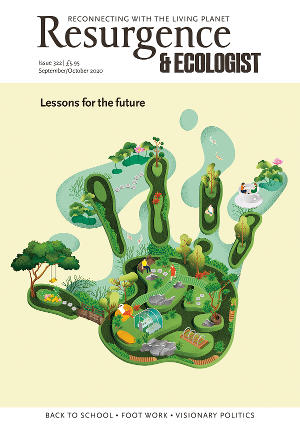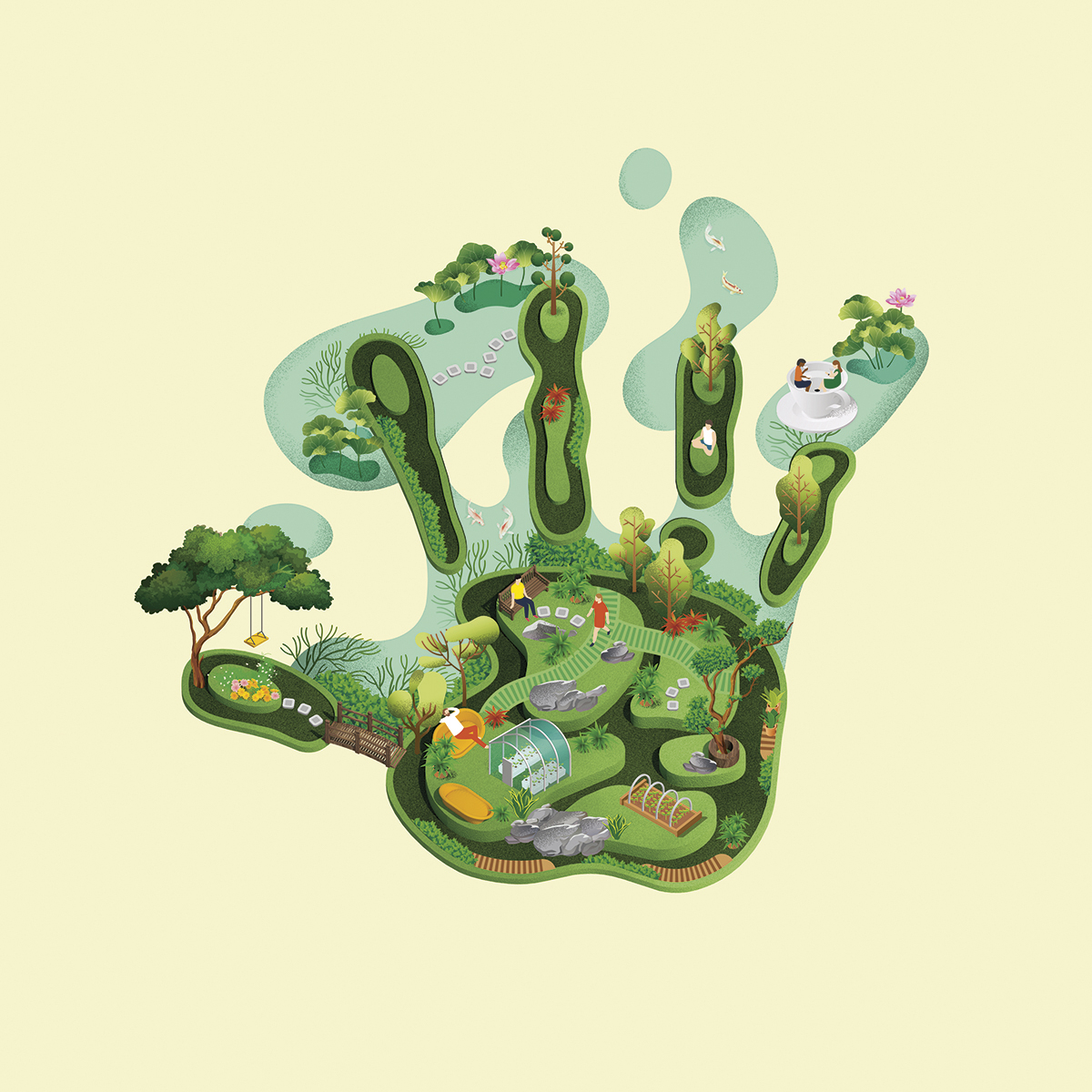From fires in the Arctic to devastation of the Amazon rainforest, not to mention the continued spread of the coronavirus crisis, the world looked pretty grim when I scrolled through social media this morning. Then another piece of news popped into my feed. A method of producing vaccines using the bacteria Deinococcus radiodurans could, according to the report, help speed up the production of a vaccine for Covid-19.
D. radiodurans is extraordinary. It is categorised as an extremophilic bacterium because of its remarkable ability to thrive in the most inhospitable places – such as the core of a nuclear reactor. It can even survive the vacuum of space. Other extremophiles include tardigrades, which are tiny invertebrates also named (adorably) water bears or moss piglets, and a species of shrimp, Artemia salina, also known as sea monkey, that lives in salt lakes.
Describing the homes of these living beings as extreme is, of course, anthropocentric. This tendency to put ourselves at the centre of everything lies at the heart of our disconnect with the rest of the living planet and has led to the environmental crisis that threatens our existence today. However, as the saying goes, where there’s life, there’s hope. If life can thrive in a nuclear reactor, there’s hope for us yet.
In this issue, we look at ways people around the world are nurturing life – and hope – in the extreme. In the Ecologist section, Matt Kendall celebrates post-pandemic pedal power in Paris, and Rhiane Fatinikun speaks to Resurgence & Ecologist about her new group Black Girls Hike and tackling racism in the British countryside.
In Keynotes, Russell Warfield interviews former politician Jane Davidson about the pioneering Future Generations Act, which sets a precedent for leaders across the globe. In Arts, Michael Benson, director of the Prix Pictet photography prize, explores how images can be a powerful tool for communicating hope amid the horror of human-made crises.
As school bells ring for the first time in weeks, we head to the classroom for a special look at education at a time of coronavirus and ask: could the crisis of the last few months provide vital lessons for the future? As the existence of D. radiodurans tells us, even in the darkest places there is hope.







